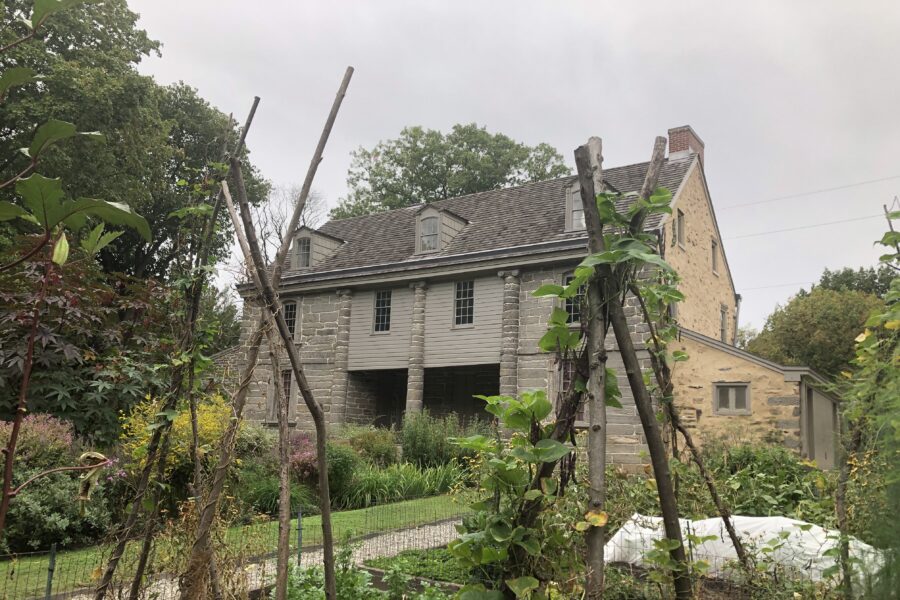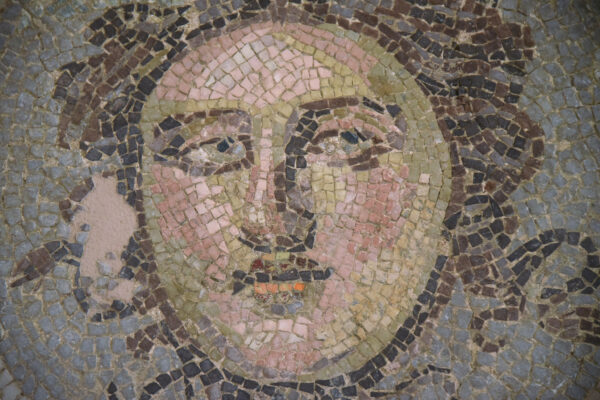
In modern times, people are increasingly concerned by the effects their gardens have on the environment around them (invasive non-native species, anyone?). But this issue is hardly new. Since ancient times, cultures have expressed their imperial ambitions by collecting and transporting specimens of exotic plants. And just like today, those exotic plants have had a major impact on their new environmental surroundings. Bartram’s Garden, a botanic garden in operation in Philadelphia, PA from 1728-1850, is an American example of this phenomenon. While the plants themselves are long gone, their organic material was collected and saved for the future by an unlikely group of heroes: the rats that lived in the attic of the Bartram family home. By examining this material from an archaeobotanical perspective, Dr. Alexandria Mitchem explores what we can learn about past environments and the human impact of botanical imperialism, right here in our own backyards.
Want to learn more? Join the Archaeological Institute of America Central Indiana Society on Thursday, April 4, 7:30 PM for a lecture by Dr. Alexandria Mitchem (Columbia University), entitled “People, Plants, and Pests: Natural History and Environmental Change at Bartram’s Botanic Garden.” The lecture is free and open to the public, and will be held at IU-Indianapolis Campus Center Theater (INCE 002). We hope you can join us!
- What: People, Plants, and Pests: Natural History and Environmental Change at Bartram’s Botanic Garden by Dr. Alexandria Mitchem (Columbia University)
- When: Thursday, April 4, 7:30 PM
- Where: IU-Indianapolis Campus Center Theater (INCE 002)


